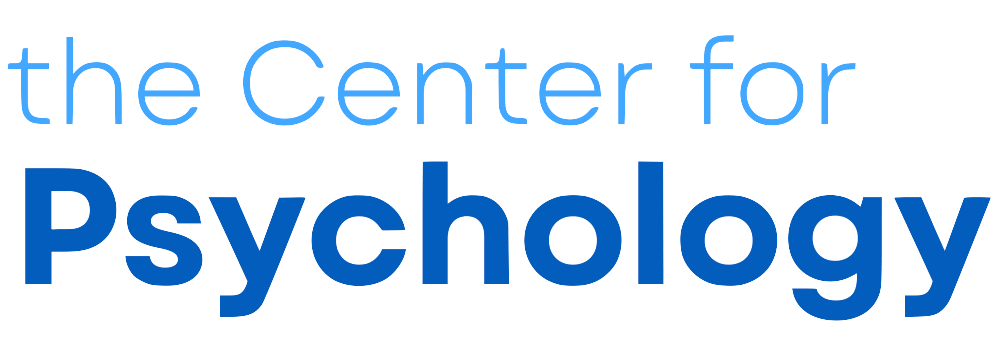
Dr. Linda Wilmshurst
Dr. Linda Wilmshurst (Florida Psychology License PY#9098) is a psychologist who has also met requirements for Specialty Board Certification in clinical psychology by the American Board of Professional Psychology (ABPP).
Prior to joining the Center for Psychology in 2014, Dr. Wilmshurst had practiced in the Province of Ontario, as well as, Texas, and North Carolina.
Dr. Wilmshurst has several years experience working in private practice and mental health facilities, as well as, schools, and residential treatment centers. Her experience includes working with children and adults of all ages. Her approach to intervention and treatment favors the use of cognitive behavioral and applied behavioral methods to treat problems across a multitude of areas, as well as, the development of learning-based interventions for all ages regarding academic issues and concerns. She has published and co-authored several books on treatment alternatives for children and youth.
Dr. Wilmshurst received her M.A. from the University of Windsor (Windsor, Ontario) and her Doctorate in Applied Psychology from the University of Toronto.
She has published research studies on treatment programs for behavioral disordered youth, as well as, resilience in college students with ADHD. She has taught undergraduate and graduate students in universities, internationally, and has authored and co-authored several books and chapters, including:
Child and Adolescent Psychopathology: A Casebook
Abnormal Child Psychology
Essentials of Child and Adolescent Psychopathology
Clinical and Educational Child Psychology
The Complete Guide to Special Education (co-authored with Dr. Alan Brue).
Areas of focus
Assessment and Treatment of mood disorders in children and adults (anxiety, depression, stress-related issues);
Assessment and Treatment Planning (attention disorders in children and adults; learning disorders, etc);
Social and emotional evaluations and treatment planning for problems in areas of social skills and self esteem;
Interventions for attention deficit disorder in children and adults (executive functions, information processing), behavioral issues, problems with emotion regulation; and child management concerns;
Assessment of gifted students.

